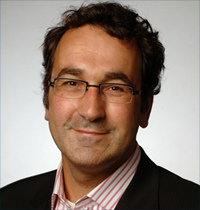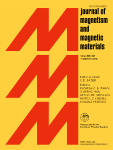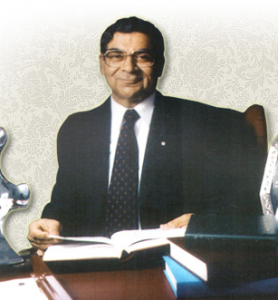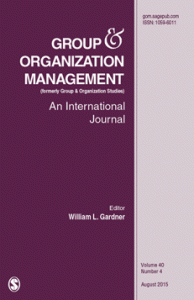 Authors have retracted a large meta-analysis claiming that rising levels of carbon dioxide don’t always reduce nutrients in plants.
Authors have retracted a large meta-analysis claiming that rising levels of carbon dioxide don’t always reduce nutrients in plants.
After commenters on PubPeer raised concerns, the authors say they found several unintentional errors in their data that could “significantly change conclusions” of the paper in Plant Ecology, according to the retraction note.
The paper found that the impact of rising CO2 depends on many factors — in some cases, extra amounts of this greenhouse gas could actually increase plant nutrients. Trouble is, some of the papers that cited the now-retracted article came to the opposite conclusion: Increased carbon dioxide levels do decrease plant nutrients.
The retraction note for “CO2 effects on plant nutrient concentration depend on plant functional group and available nitrogen: a meta-analysis” explains some of the specifics of the errors, and says that there was “no evidence of bias:”
Continue reading Paper claiming extra CO2 doesn’t always lower plant nutrients pulled for errors
 Social psychologist Diederik Stapel has notched his 58th retraction, after admitting he fabricated data in yet another article.
Social psychologist Diederik Stapel has notched his 58th retraction, after admitting he fabricated data in yet another article.






